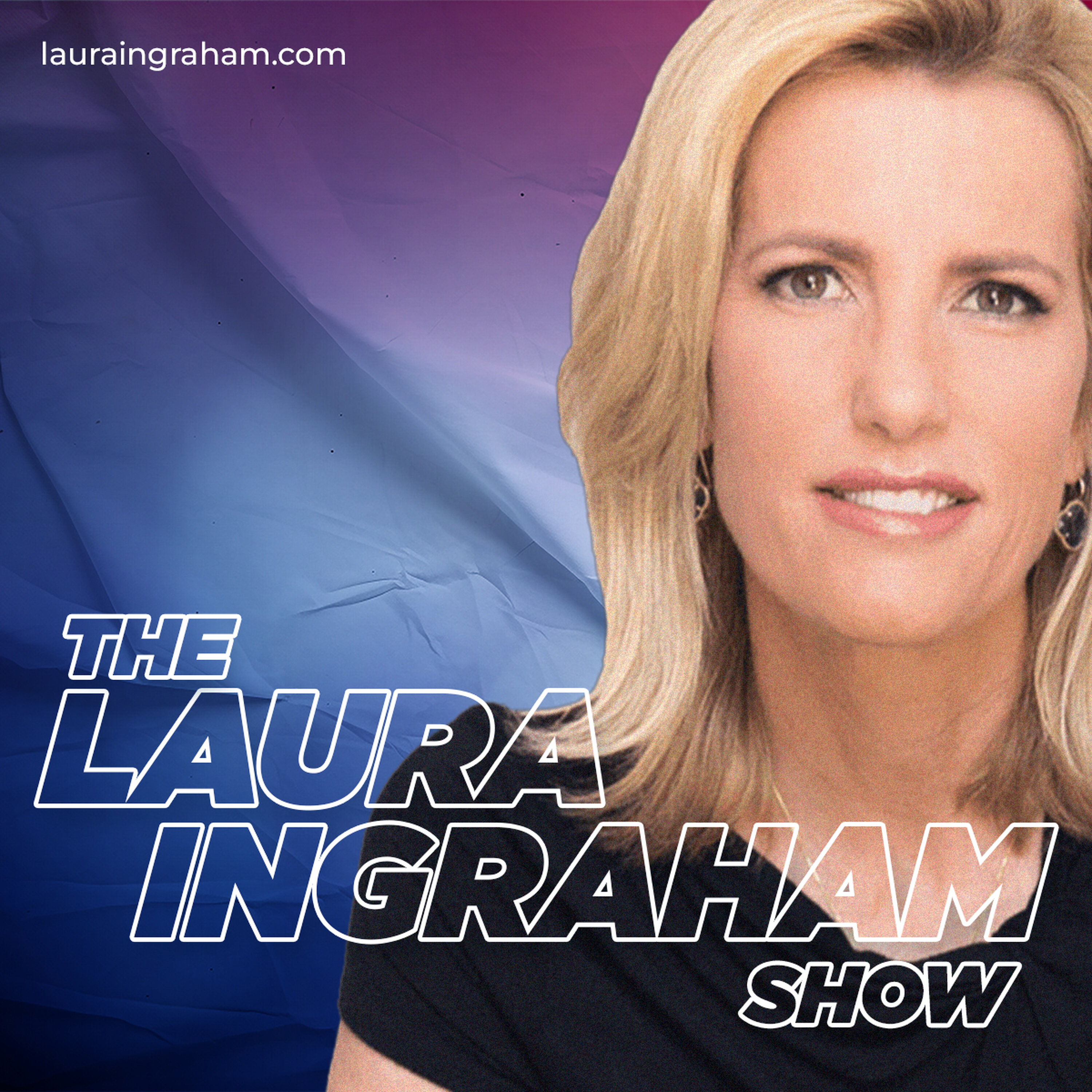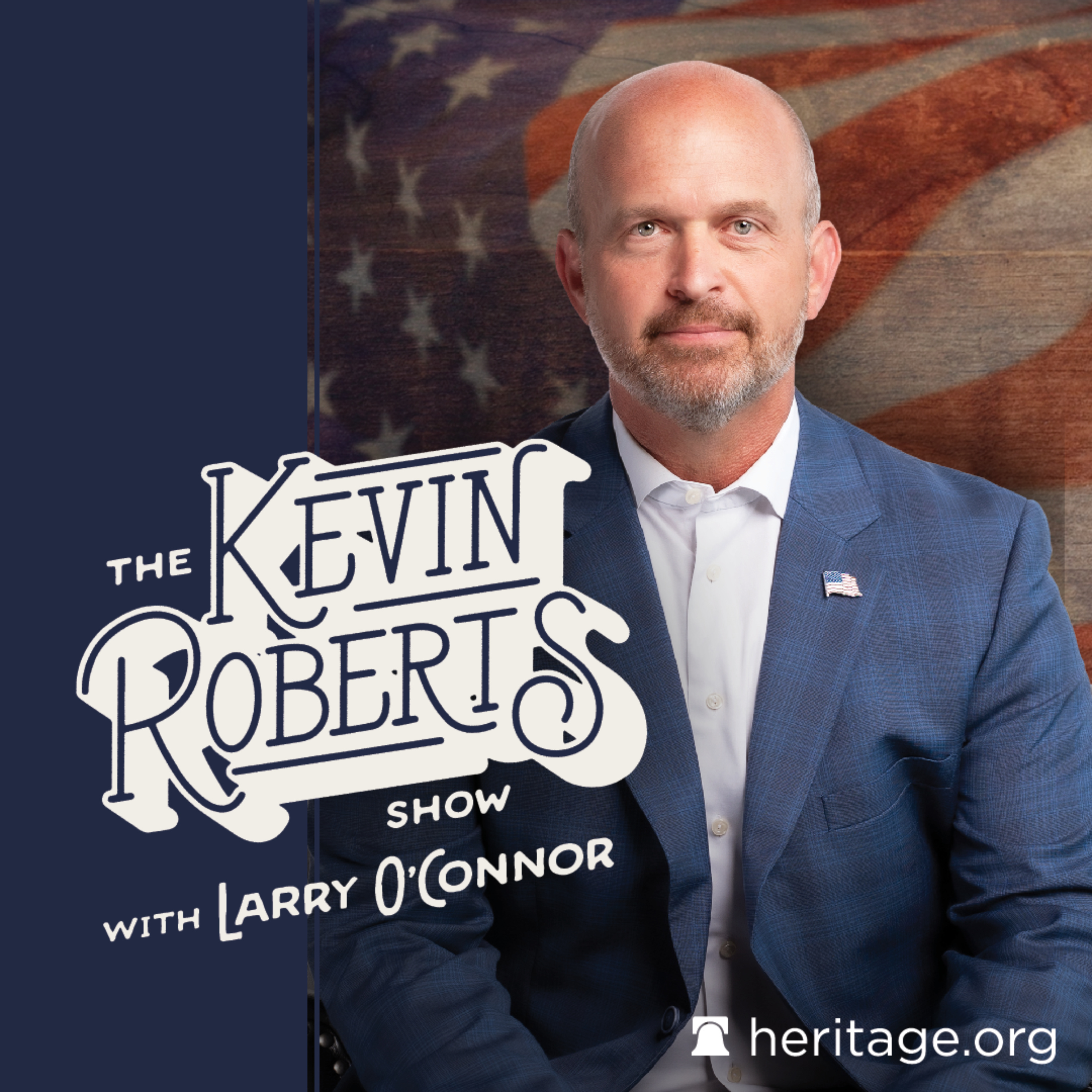Cross Roads Podcast
Cross Roads Podcast
Money Moves: Life Insurance: Past, Present, and Your Future
For Questions or Comments Send us a Text Message
Nobody brags at a dinner party about buying life insurance, but when life takes an unexpected turn, it's the safety net your family will be grateful you had in place. In this illuminating conversation, host Steven Killfoil and financial expert John Ezell strip away the complexity and confusion surrounding life insurance to reveal why it deserves your attention.
The journey begins with a fascinating historical perspective—from ancient Roman burial clubs to London merchants protecting ship crews in the 1600s—showing how life insurance evolved from covering funeral costs to providing comprehensive family protection. Ezell masterfully breaks down the four main types of policies using accessible analogies: term life is like renting an apartment (affordable, temporary), whole life resembles buying a house (costs more but permanent), while universal and variable policies offer customization with varying levels of risk.
Most revealing is the discussion around timing—how purchasing in your 20s or 30s can save you from premiums that might triple by your 50s or 60s, if you can qualify at all. The hosts dismantle common myths, emphasizing that life insurance isn't about you—it's about who you leave behind. As Ezell brilliantly summarizes, it's not a "get-rich product" but a "keep-from-going-broke product" for your family.
Whether you're single, married with children, or supporting aging parents, this episode provides the clarity needed to make an informed decision about one of the most loving financial choices available. Take control of your family's financial future today by understanding the protection options that fit your unique circumstances.
Order your copy today of "Achieve Optimal Brain Health with Nutrition," by Stefan McDermott.
https://www.amazon.com/dp/B0DYWMB929
www.stefanmcdermott.com
Would you like Santa Claus and Mrs. Claus to come to your home or office? Contact The Santa Steven at Steven@theSantaSteven.com or book a party on https://www.gigsalad.com/the_santa_steven_aubrey or call 469-230-5956 for more information.
Crossroads Podcast welcomes you to Money Moves for those who want to be in the know. Good morning Crossroads. Welcome back to Money Moves. I'm your host, stephen Kilfoyle, and today's topic well, it might make some people squirm a little bit we're talking about life insurance. Now, don't hit skip, because while it may sound boring, it can actually be one of the most important financial decisions you ever make. To help us untangle the history, the different types and whether you even need it, I'm joined by my friend and financial expert, john Ezell. And financial expert John Ezell. John, welcome to the show.
John Ezell:Thanks, steve, happy to be here. You're right, life insurance isn't the sexiest topic. Nobody brags at a dinner party. Hey, guess what, steve? I just bought a 20-year term policy.
Steven Killfoil:Yeah, that's not going to impress anyone, but when life hits unexpectedly, it's the safety net your family will be thankful for, absolutely Okay. So, john, let's roll back the clock. When did life insurance actually start?
John Ezell:That's a great question, as always, Steve. It's rather ancient and started in the time of Rome, and soldiers had what were called burial clubs.
John Ezell:They'd all contribute to a fund so if any one of them died the family had money for a proper burial.
Steven Killfoil:So even back then people knew funerals were expensive right?
John Ezell:Exactly, you know. If you fast forward then to the 1600s London, merchants started pooling money to protect families of ship owners who died at sea and their crews. By the 1700s, formal companies in Europe and US began offering life insurance contracts. In fact, most people have heard the term Lloyd's of London and that was a variety of coverages, but that's just a point of London. And that was a variety of coverages, but that's just a point of reference.
Steven Killfoil:So those guys were actually the first organized. Not that the Romans weren't organized, they were, but the first modern medieval life insurance company.
John Ezell:Exactly right
Steven Killfoil:Wow! So it started as make sure they can bury you and grew into make sure your family can eat after you're gone,
John Ezell:Absolutely. So, it shifted from funeral costs to income protection and over time, products have evolved and got more complex, sometimes too complex.
Steven Killfoil:Yeah, which is why we're here, so listeners don't get lost in the jargon. All right, john, hit us with the big four Term whole life, universal and variable.
John Ezell:You know on the surface. Each of these certainly need to be explained In a follow-up later, after we've exposed these. As far as what they are, the actual name will make more sense. So, for example, in the case of term life insurance that's the first one we're going to talk about this is the most straightforward. You decide what the time frame is that you're trying to protect, in other words, from an income replacement standpoint, and it's either 10 years, 20 years or 30 years. There might be a 15-year program, but you get the idea. If you die in that window of time, your beneficiaries, almost always your family, get the payout. If you outlive that time frame that you've selected, the policy ends. Now it's inexpensive in terms of cost, but it's great for young families and the obvious reason for that would be low cost and you're trying to protect the income of one parent or both if they're working, for the future benefit of the dependents.
Steven Killfoil:Absolutely.
John Ezell:So the second one is whole life insurance, and this lasts guess how long.
Steven Killfoil:Your whole life.
John Ezell:Premiums are higher than term insurance, but it builds something called cash value, which is not applicable in term and basically part of your payment goes into be until the policy is paid in full.
John Ezell:The third one is going to be universal life insurance. Think of it as whole life, with flexibility. Now imagine it's more universal, right Multiple areas it covers. You can adjust your premiums or the death benefit as life changes. As life changes, it also builds cash value. Sometimes it's linked to interest rates. The fourth one, and this is the most uniquely different of all of the four, is variable life insurance. This combines insurance with investments. Your cash value goes into, for example, the equities or financial markets. Now, that might be a stock, it might be a bond, it might be mutual funds, it could be a lot of things. If the financial markets do well, you gain a lot, and if the financial markets don't do well, well, your policy can shrink in value.
Steven Killfoil:Okay, so let's put it this way Term life is like renting an apartment cheap and temporary. Whole life is like buying a house.
Steven Killfoil:You pay more, but you own it forever.
John Ezell:It's actually a perfect analogy. Steve and universal and variable are like those, I don't know, custom homes maybe, um, where you can move walls around. Put in some other risky upgrades.
Steven Killfoil:So basically know what you're getting into before you sign the papers.
John Ezell:Absolutely. In fact, I would remind your listeners that whenever a policy is issued, they have something that's built into the agreement called a 30-day free look. So let's say you sign the papers at a later date, before the 30 days is over. You look over the documents that you maybe didn't look at enough in detail or maybe you did and there was something you couldn't remember that seemed odd. You can actually cancel within the first 30 days by exercising that free look period.
John Ezell:Another good question. So the younger a person is and the healthier they are, the less expensive the premiums, in other words the costs to maintain the policy. So ideally people should be looking at policies in their 20s and 30s, and especially once they become married or incur debt through buying a house, let's say, or maybe they're still renting an apartment but they have kids. Again, you're trying to replace income.
Steven Killfoil:Right. So in other words, don't wait until your hair is gray and your knees pop when you stand up, exactly.
John Ezell:And in your 50s and 60s. It doesn't mean that you shouldn't initiate coverage if you haven't yet. However, the cost can be as much as three times more. So that's the idea about starting earlier, or it's possible, steve. Some people don't qualify at all because they've had health issues as they got older and therefore they can't get insured.
Steven Killfoil:Right Now some listeners are probably thinking I'm single, no kids, do I even need life insurance? Good point.
John Ezell:If nobody depends on your income or replacing your income should something happen to you, then you may not need much. You might only need something small so that it will actually cover the funeral expenses or costs, so that your loved ones aren't stuck with a big bill costs, so that your loved ones aren't stuck with a big bill. Hmm.
John Ezell:Yeah, but you know, if you have dependents a spouse, kids, even aging parents- life insurance is crucial, right Absolutely, because it ensures your family gets to keep the house, pay the bills and stay afloat house, pay the bills and stay afloat, so life insurance isn't really about you. It's about who you leave behind. Absolutely, it's one of the most loving financial decisions someone can make during the time that they have the ability to make it while they're on this earth.
Steven Killfoil:So it's definitely not a get-rich-product. It's more of a keep-from-going-broke product for your family.
John Ezell:That's a great way to put it.
Steven Killfoil:Oh, wow. Well, hey, I did have. I finally got one in an email question and it, ironically, is about life insurance. It's from a gentleman named I'll just say jp, and he wrote into the show and he says dear steven, my wife and I both have life policies that are attached to annuities with a company and, and the death benefit for mine is $150,000 and $100,000 for my wife. We've been told that it's earning 12% this last year. And his question is do you think we have a good policy?
John Ezell:That's a really good question. Without knowing more details, I want to give you some general statements though. So first of all, this return 12%, let's assume that's correct. It's possible if it's invested in the financial markets. They've done well, they've done well. However, that doesn't necessarily mean that the return to you, as the policy owner, was 12%. Here's why. There's a cost for having the insurance. It might be 1%, 2%, 5%, 8% depends on the mortality expense associated with the policy and a whole bunch of other numbers that aren't always disclosed, but they certainly exist. So I don't want to say they didn't earn 12%. I would say that it's likely that there are some other expenses that haven't been taken into account when that number was mentioned.
Steven Killfoil:Okay. So if JP wanted you to look at that policy a little more detailed, how could he reach out to you?
John Ezell:He could. If he was comfortable with emailing, he could email the declarations page, the quarterly summary that he got, because that sort of a strategy is going to have a quarterly statement at a minimum statement. At a minimum, a true life insurance product by itself has an annual statement. So the way he could do that is he could email me. Or if he's uncomfortable with emailing and he would rather fax, I can provide my fax number as well.
Steven Killfoil:Okay, well, I'm pretty sure he's listening, because I got this just in the mail the other day, so why don't you give him your email and fax and your phone number direct? And JP, you're listening out there. This is your chance to dial down and get more detailed information on that that we really cannot address right now on the show.
John Ezell:Yeah, so tell, and it's not because we don't want to, but we have limited information right so the I'll start with the fax number, that's going to be 1-888-712-6003. And I'm going to repeat that again in a minute. The email address is john with an H, j-o-h-n. At. And then I'll give you some letters C as in Charlie, p, as in Papa R, as in Romeo W, as in Whiskey M, as in mikecom. So fax number again 1-888-712-6003. Or you can email me at the address, john with an H at cprwmcom.
Steven Killfoil:Great, that's perfect. All right, jp, if you heard that the ball's in your court now, I'll let you reach out to them. Well, hey, before we wrap up, let's bust a few myths. Okay, true or false. Life insurance is only for old people.
John Ezell:That's false, Steve. It's cheaper and smarter to buy it when you're young and retain it through the time where you are aging.
Steven Killfoil:Okay Now, if you're healthy, you don't need it.
John Ezell:Well, that's false too, because if you're healthy, you're still going to die one day, and the insurance is really about a what-if scenario, because none of us know, when we're going to breathe that last breath, what's going to be happening that will cause us to end our life on this planet. And so You're healthy now, but again, the insurance is for the what-if cases because it's unpredictable.
Steven Killfoil:Okay, and myth number three term life is a waste because it doesn't build cash value.
John Ezell:I would say that's also false, and the reason is because life insurance is not meant to be an investment. That was not its origin. Today, in the marketplace, you might hear people talk about it as an investment, however, technically it's not. It's protection, and most people that is what they need protection.
Steven Killfoil:All right, Love it so, John. The final checklist for our listeners.
John Ezell:I think the first thing I would say is you need to know your why. In other words, why do you think you need life insurance coverage or a death benefit at a future date? Death benefit at a future date. Second point would be start young if possible. The third would be to keep it simple.
Steven Killfoil:Term life fits most families and review coverage as life changes, because things always do. Okay, man, that's so very true. Thank you so much, John, and listeners, don't forget to follow, rate and share Money Moves. Until next time, I'm Stephen Kilfoyle. Stay smart, stay covered and we'll see you soon. And now for a few announcements. Don't forget to go on amazon and order that book by stefan mcdermott achieve optimal brain health with nutrition. That's on amazon and christmas is just 108 days away. For some holiday fun, hire the Santa Steven. And now for a commercial announcement from our man from the North Pole, the Santa Steven.
Steven Killfoil:He's coming soon. He's making a list, checking it twice, he's gonna find out who's naughty and nice. Santa Claus is coming to town.
Steven Killfoil:This holiday season, bring the magic of Christmas right to your doorstep with the Santa Stephen. Imagine the joy on your child's face when Santa and Mrs Claus step into your home for a personal visit. Stories, laughters, photos and memories to last a lifetime. Ho ho, ho, merry.
Steven Killfoil:Christmas. And don't forget, we even bring sweet holidays. Cheer for parents too.
Steven Killfoil:Hosting a party, big or small, the Santa Steven brings the holiday sparkle, from the family gatherings to corporate events. We spread joy in every setting. One-on-one with your little one or a crowd of excited children, the Santa Stephen makes every moment magical. Bring holiday spirit to your community. Parades, festivals and tree lighting ceremonies grow brighter with the Santa Stephen Santa desk signed, sealed and delivered with a touch of Christmas magic, every letter is filled with love, joy and just a sprinkle of North Pole sparkle.
Steven Killfoil:Whether it's your home, your office, your school or your town. Let the Santa Stephen make this holiday unforgettable. Ho ho ho, we'll see you this.
Steven Killfoil:Christmas, Because every family and every business deserves a little extra holiday magic. The Santa Steven.
Steven Killfoil:To book an event party or some one-on-one time with the Santa Stephen, call 469-230-5956 or email steven at thesantastevencom. That's s-t-e-v-e-n at thesantastevencom, and we hope you have a very wonderful holiday season. Okay, and stay tuned in next week for more amazing guests as we bring you other fun podcasts. Until next week, I'll see you at the top money moves. For those who want to be in the know, who's your daddy?

Steven Killfoil
Host
Steven Killfoil
Host
Mady Killfoil
Co-host
Mady Killfoil
Co-host
John Ezell
GuestPodcasts we love
Check out these other fine podcasts recommended by us, not an algorithm.

Pilot Point Podcast
Britt Lusk and Jimerson Adkins
Coffee With Jim & James
Energy Worldnet
The Sean Hannity Show
Sean Hannity
The Laura Ingraham Show
Laura Ingraham
Pop Culture Coffee Hour
Steven Christoforou, Christian Gonzalez, Christina Andresen, Emma Solak, and Ancient Faith Ministries
The Kevin Roberts Show with Larry O’Connor
Heritage Podcast Network




